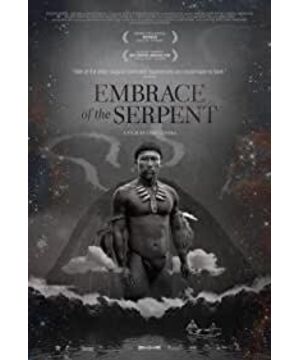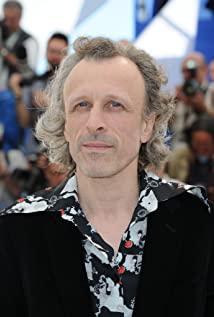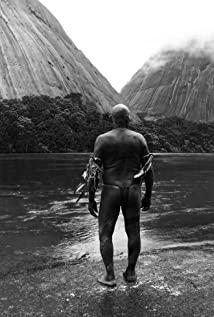Since there is a bullet screen to watch a movie, it is annoying, but it is not lonely anymore. There will always be people who ask the same question as you: "Where's the snake?" It is the ancient Amazon civilization embraced by the snake-like Amazon River. After reading it, you will understand. As for the director's point of view, it should be relatively neutral. It not only looks at the ancient and primitive Amazon indigenous civilization with respect, but also criticizes the enslavement and plundering of the primitive civilization by religion and aggression. In the process, it gradually integrates into modern civilization, and the trend of change is irreversible. As the priest Kalamakat said to Theo, a German who wanted to get the compass back from his tribe, "You can't stop them from learning and progressing." The youth priest Kalamakat hated white people, but he agreed with Theo to take his photo and show it to more white people. It was something he regarded as important as a "soul". This was his first concession to modern civilization. But in the end, he still burned Yakuna with a fire, and burned all the plants that could save Theo's life, and Theo died of illness. Kalamakat is overwhelmed with remorse and self-blame, and he avoids it, subconsciously choosing to forget. He started to be unable to talk to nature....
Forty years later, when the American "botanist" Ivan met the old Kalamakat again, the first sentence he said was "the stone will no longer speak to me". He did not forget where he was with Yakuna, he chose not to tell Ivan, not to help him find it, but to follow him and protect Yakuna from being discovered. He and Ivan came to the place where the white bishop enslaved the indigenous children forty years ago, and was "ruled" by another white man who claimed to be the "savior"; After several rejections, Kalamakat complied. Ivan pulled out his knife in front of the last Yakuna and revealed his true face. Any search for Yakuna to treat insomnia is a nonsense. Ivan came to find a rubber tree, because Yakuna grows beside the rubber tree. , there is only this excuse.
Although Ivan nearly killed Kalamakat, he eventually forgave. This is his attitude towards modern civilization 40 years later. In fact, the indigenous person who played Kalamakat did not reject modern civilization much. Didn't he also participate in the shooting of modern movies?
Civilization is also constantly evolving! And the charm of this film to me is the mysterious natural charm emanating from the distant and peculiar ancient Amazon civilization. It would be totally boring to interpret Yakuna as a hallucinogen in modern language.
View more about Embrace of the Serpent reviews









